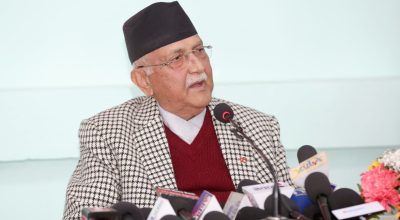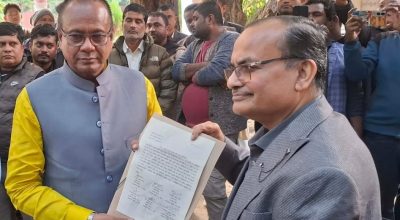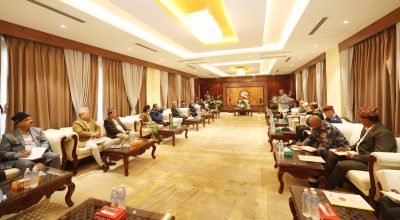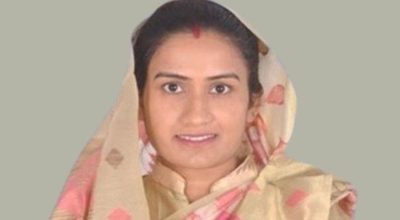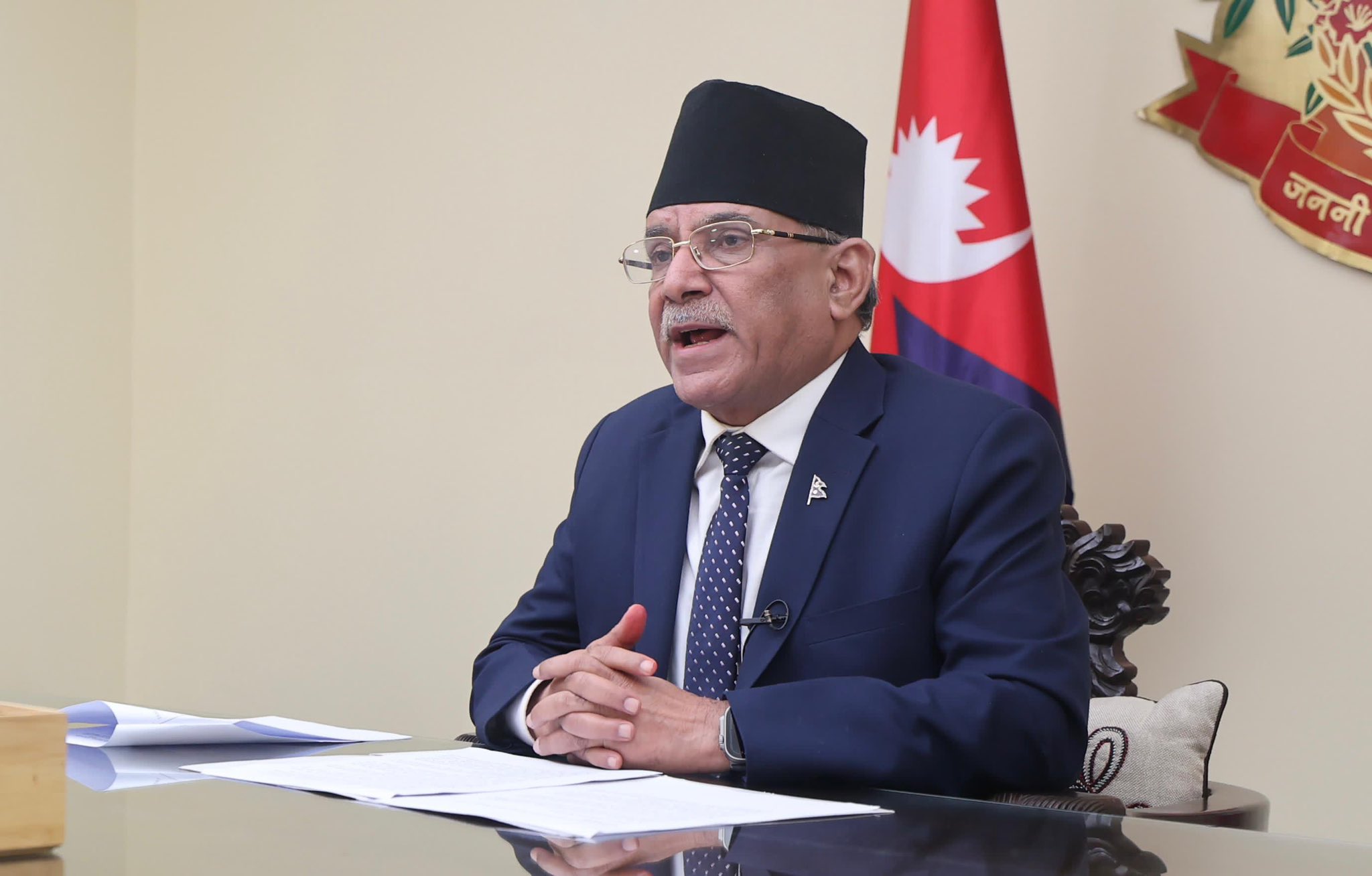
Kathmandu, Nov 20: The government is seeking measures to resolve the existing economic crisis after the national economy failed to return to its rhythm despite various reformative measures.
Prime Minister Pushpa Kamal Dahal ‘Prachanda’ on Monday held discussions with representatives from various line ministries, the National Planning Commission, Nepal Rastra Bank among others to take stock about the current state of the country on the ways in addressing the national economic crisis.
Today’s meeting of the office-bearers of the ruling Nepali Congress also deliberated on the economic situation of the country. Minister for Finance Dr Prakash Sharan Mahat briefed the meeting about the economic state of the country.
The participants of the meeting viewed that the government should take a step immediately to revitalize the national economy. They opined that attention be paid to post-quake relief and reconstruction operation for the earthquake survivors in Jajarkot and Rukum Paschim.
The internal indexes of the economy are still in crisis although there were signs of general improvement in the external indexes lately. Problems plaguing the national economy at present are lax implementation of government’s annual polices, programmes and budget and low capital expenditure.
Similarly, reduction in credit flow and high interest rate, reduction in the consumers’ demand, declining morale of the private sector and failure in increasing domestic productivity among others have also led to flagging economy.
The private sector has been continuously exerting pressure on government saying it has been too late to take initiatives to resolve the problems of the country’s economy.
The umbrella organisation of the private sector, the Federation of Nepalese Chambers of Commerce and Industry (FNCCI), hosted a ‘National Economic Talks’ on October 12, to find out solutions to the existing economic crisis.
After the proposal of the private sector in course of discussion, Prime Minister Dahal had said a high-level mechanism could be formed for the reforms of the economy.
Soon after, Finance Minister Dr Mahat told media persons at Tribhuvan International Airport upon return home from London on October 15 that the government could take such a decision if it feels the need to initiate any further efforts to make the economy dynamic.
The government and private sector are univocal that all sides and sectors should move ahead through collective efforts with responsibility in order to resolve the problems seen in economy. The private sector had been saying that it was necessary to immediately form a Economic Reforms Commission or any high-level mechanism with legal authority.
Although the government through its policy and programme and budget of the current fiscal year had initiated some measures for some policy and procedural reforms, the implementation side is seen weak.
The government is preparing to host an international investment summit in third week of April 2024. A proposal to organise the investment summit has reached the cabinet.
How is the condition of economy?
In the first quarter of the current fiscal year, the government’s expenditure is just 20 per cent of the annual target. According to the Office of the Financial Comptroller General, the government’s spending is Rs 355.63 billion plus till the second week of November. Categorically, the government spending is 23.75 per cent under the general expenditure, 9.93 per cent under the capital expenditure and 17.72 per cent under the fiscal management till November 17.
Likewise, the status of revenue collection also paints a dismal picture. In the first quarter, revenue collection is 20.08 per cent of the annual target.
The government has targeted to collect Rs 1422.54 billion in revenue in the current fiscal year but the collection is only Rs 276.64 billion till November 17.
Similarly, the inflation in the country is 7.5 per cent in the first quarter of the current fiscal year against the government target to maintain it within 6.5 per cent.
Moreover, the bank and financial institutions are also struggling to expand their loans.
However, the external sector of the economy has gradually improved with the robust growth in remittance inflow, which recorded 30 per cent growth till November 17. During the first three months of the current fiscal year, Nepal received Rs 365.34 billion in remittances, which is 30 per cent more than the corresponding period of the last fiscal year.
Similarly, the balance of payment is in Rs 99.7 billion in surplus. In the first quarter, the import has increased by 1.7 per cent while the export has reduced by 2.3 per cent. RSS






